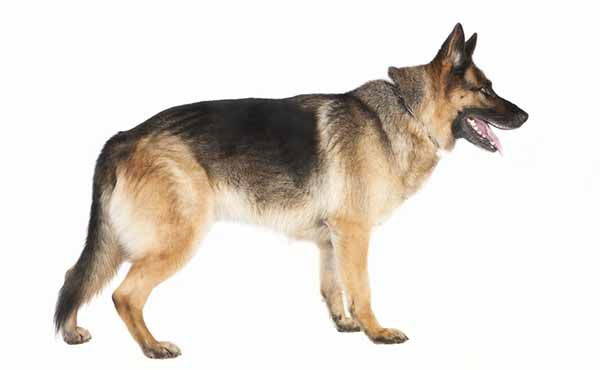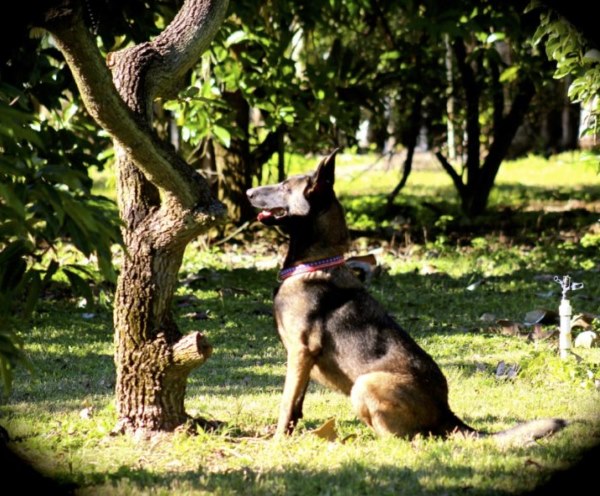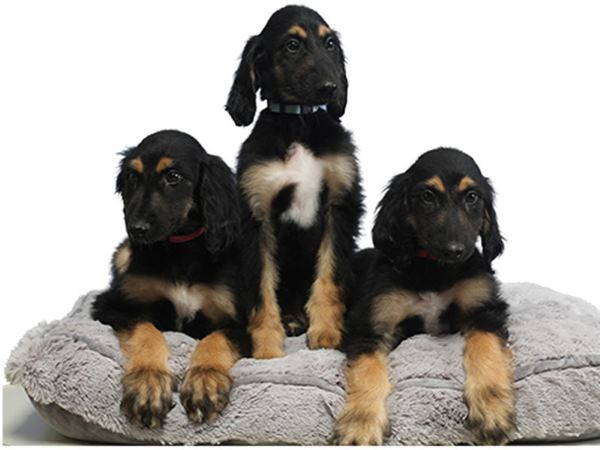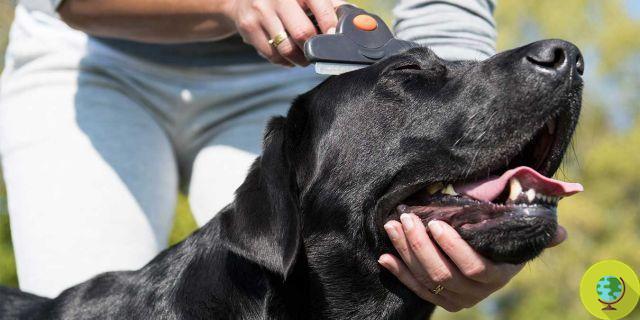
A recent project has subjected many owners of purebred dogs to a survey, showing that dog behavior does not really depend on this, as has always been thought, but on a whole series of implications that influence the sphere of the animal.
He is about to end up run over, his mother saves him
Thinking about a specific dog breed and listing its strengths and weaknesses, thus defining the behavior of the animal is partly wrong according to science as some researchers have shown how the breed does not decisively influence the way a dog behaves with respect to another.
A team of experts from the University of Massachusetts wanted to dispel this myth by creating their own database - Darwin's Ark - and asking owners of purebred dogs, but also of mixed breeds, to fill out a questionnaire of 100 questions to find out if the breeds of their pets shared or not the habits and prerogatives that they boast so much and that have been the reason for genetic selections for years and years.
And so in a short time, the researchers compared the responses of more than 18.000 survey participants, nearly half of whom own a purebred dog, and sequenced the DNA of 2155 dogs. The study data was then processed and published in the journal Science.
While some predominant characteristics have been found in some breeds that would be hereditary, such as the tendency to howl for Beagles or Bloodhounds (also known as Sant'Umberto dogs), other behaviors did not find a significant match in the genetic heritage of animals belonging to the same breed such as the great sociability of Labradors.
Also genome analysis confirmed what was reported by the dog owners themselves. Experts have identified 11 regions that are significantly associated with behavior and 136 suggestive regions: while in the latter the aesthetic traits are hereditary for pure breeds and well distinct from each other, as desired by the rest of the selection, the same differentiation is not found in the regions associated with behavior.
However, the typical traits are not the only ones to have been observed with great attention, but also the sizes of the dogs and what role they played in the behavior of the animals. The responses highlighted how, for example, large breed dogs were more disobedient and less calm than small breed dogs or even noisier barking. These clichés we have all heard at least once.
While not all of them are stereotypes anyway, the team's research has proven how the behavior of a dog is very variable and influenced primarily by a series of factors, including the environment in which it is born and raised, rather than from belonging to a specific breed.
Fonte: Science
Follow your Telegram | Instagram | Facebook | TikTok | Youtube
Read also:
- So dogs learn to communicate with humans through their gaze to get what they want
- Do you know why dogs smell people's private parts?
- If you can't resist puppy dog eyes, science has just revealed why


























